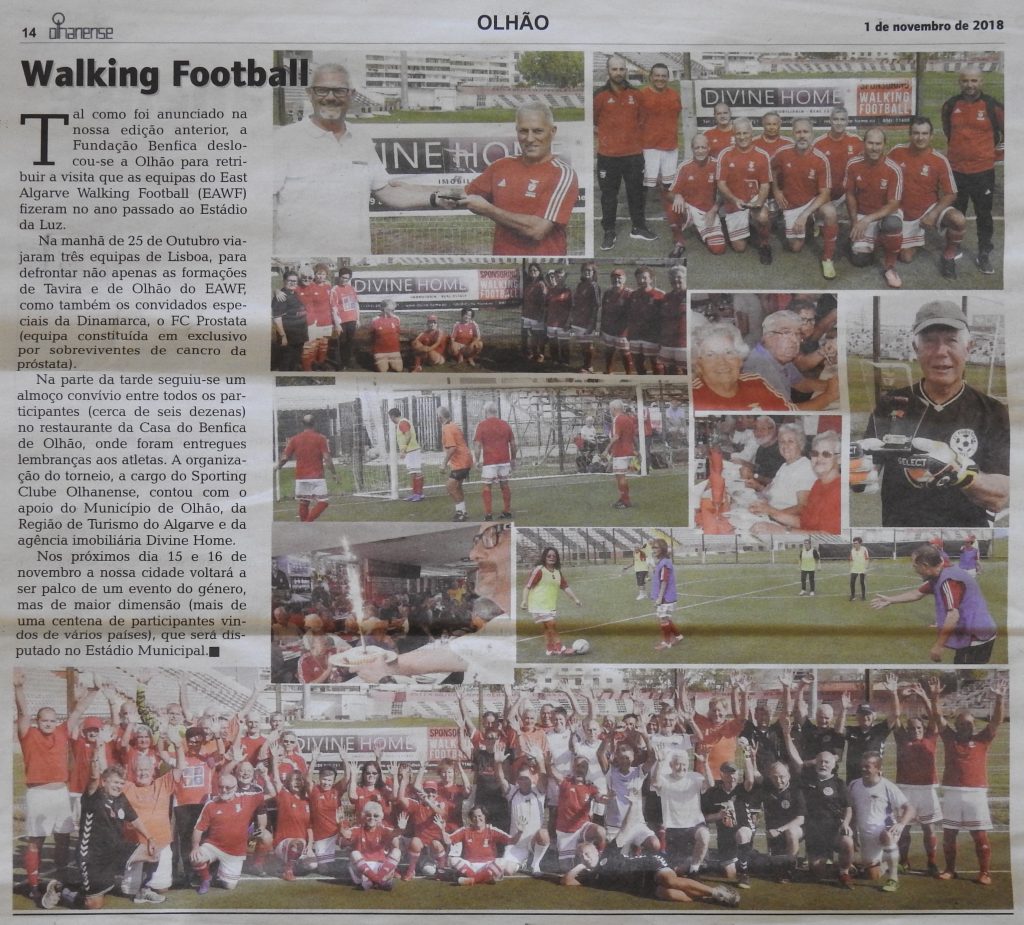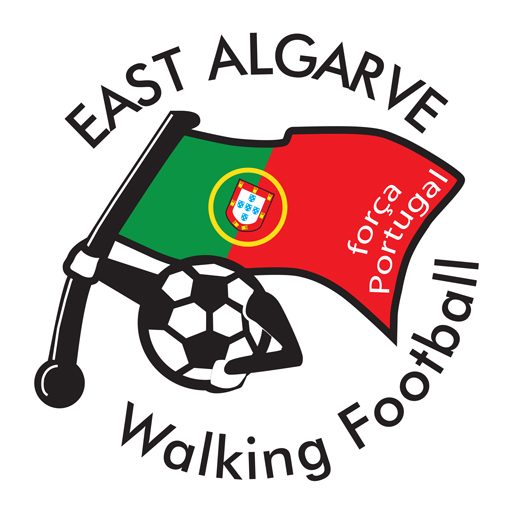What defines an “old” person? The answer varies depending on your age.
If you are under 30, studies show you are likely to say old age begins at 60. If you are in your 40s and 50s, you might say 70. If you are 60 or 70, your definition of “old” might be 74 or above. We tend to feel younger the older we get; many people in their 80s report feeling 70.
Now we are living longer, we have more time to pursue other interests, and age specialists have identified an entirely new stage of life, called ‘gerontolescence’, which is defined as being 50 to 75 years of age. An increasing number of adults are experiencing this phase of self-discovery and identification as a kind of second adolescence.
“The later stage of your life can be just as rewarding, even more so, than the previous parts,” says John Irving, at the University of Southern California Davis School of Gerontology. Rather than focusing on the limiting aspects of ageing, seeing possibilities, whether it’s the time to start a new career, pursue a cause, or just spend more time with family, can go a long way towards maintaining emotional health, and physical and mental health in the process.
Nowhere was this more apparent than at the José Arcanjo Stadium, Olhão, last week when East Algarve Walking Football welcomed a dozen gentlemen from FC Prostata (Copenhagen) who had all recovered from prostate cancer and thirty members from the Benfica Foundation (Lisbon) social awareness programme. The festival of Walking Football, sponsored by Divine Home Real Estate, was an undoubted success with the Benfica group including fourteen ladies. It would have been ungallant to ask their ages but a few may well have been some years older than EAWF’s senior player 80-year-old David Trueman.
Jan de Wee of Divine Home said, “It was a wonderful day helping people to maintain a healthy lifestyle but more importantly it engendered a true spirit of friendship despite the language barriers!”
As people get older, many struggle with their balance, strength, stamina, weight and, worst of all, confidence and self-esteem levels. Walking football has the potential to make a significant impact in all these areas, building body strength, improving muscles, core stability and hopefully losing some of the weight usually gained during the ageing process.
As well as being able to increase fitness levels, emotional health gets a great boost too for a person involved in walking football with the camaraderie and banter during and after games bringing a smile to many a face.
This was highlighted as a memorable day drew to a close, with a late lunch at the Olhão Café do Benfica, when 71-year-old Mike Bristow received a rendition of Happy Birthday in three languages!
In the walking football competition Benfica A won the John Mortimore Trophy with EAWF Olhão taking the runner-up spot but very sportingly handed their trophy to the Danish FC Prostata team in recognition of their battles against cancer.

